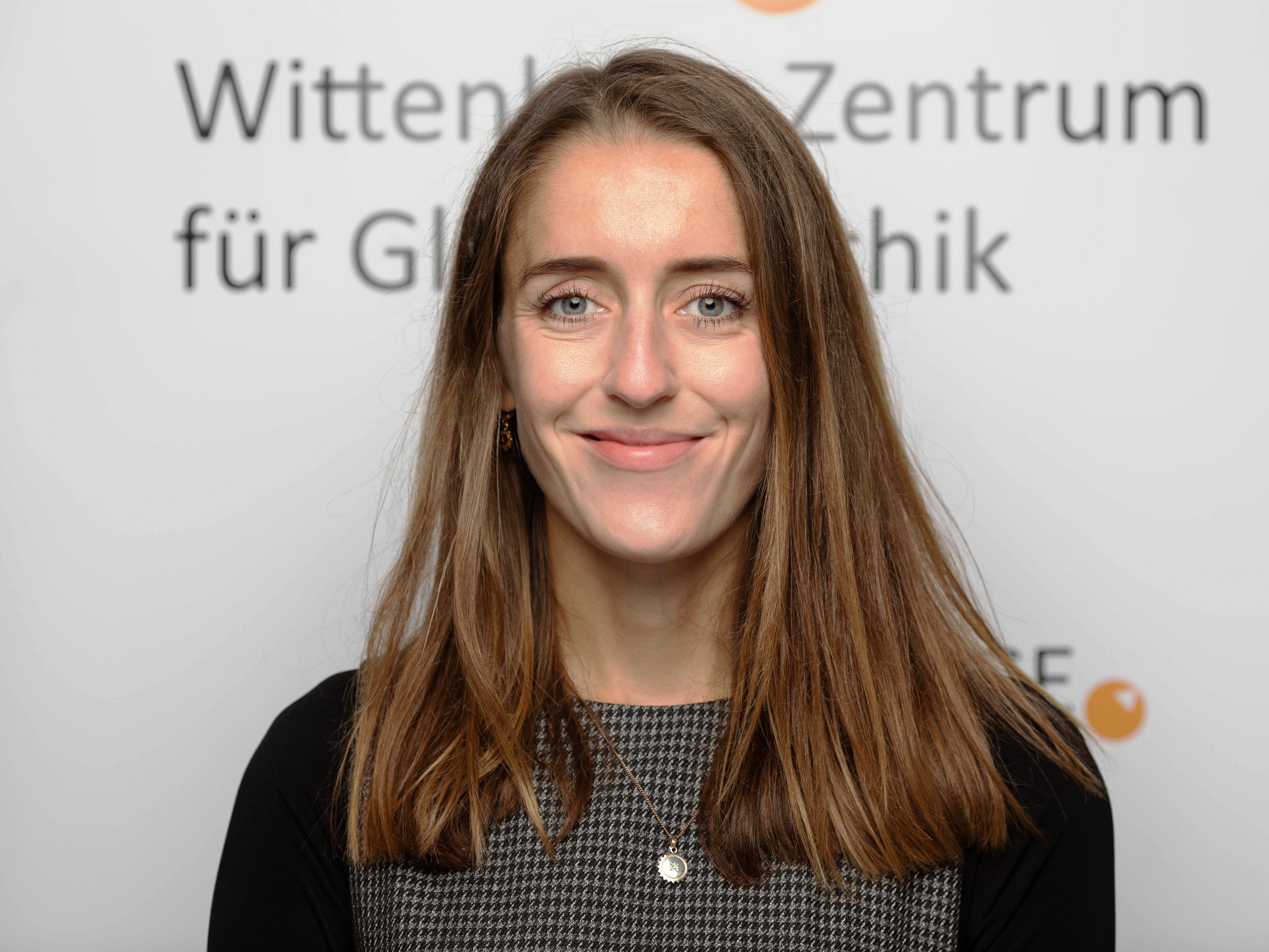
Title of Dissertation:
Brücke im Individual-Systemkonflikt? Die Chancen einer Neudefinition des Produktivitätskonzepts
Supervisor: Prof. Dr. Andreas Suchanek
University: HHL Leipzig Graduate School of Management
Scholarship: KAS Scholarship (Konrad Adenauer Stiftung)
Cohort: 6th Cohort, 2019-2022
[accordion activeIndex=""]
[item title="Short Abstract"]
In today’s world, productivity is usually associated with economics, with efficiency and cost cutting, with the maximization of output in relation to some kind of input. However, in its etymologic roots the term has an entirely different focus: It means the process of a subject laying open something which is already constitutive of the subject’s nature. In this sense, it touches upon the very essence of human purpose anddescribes the “production” of a relationship to the world surrounding us in which we are free, in which we can “be” humans. With the advent of modernity and the industrialization, however, this notion of productivity as “being” in the world changed, and was now increasingly used to describe the clear economic X-Y-relationship of input and output. By making productivity quantifiable, and at the same time, gradable, the original meaning of the concept was displaced by a logic of maximisaiton with a clear and measurable physical or monetary output. At the same time, however, with the increasing colonisation of our lifeworld via economics, the notion of productivity was again applied to human nature itself, with the self-optimisation regime being its consequence. “I was super unproductive yesterday” - such statements are familiar to all of us and result of this process. This self-dependence on our apparent measurable accomplishments, however, restricts the freedom which was the auguration of modernity: Instead of the material abundance freeing us from having to focus on just reaching the next day, it instead keeps us dependent, it hinders us in being in the humanistic sense “productive”, in the sense Karl Marx and Erich Fromm meant it. Here, it is argued that semantics play a crucial role in shaping how we think, how we look at the world and us in it. The productivity concept shapes our reality of life to a large extent and the original etmylogical meaning of the term still holds true when we for example ask ourselves when, for the last time, we really “felt” productive. Suddenly, the emotional dimension allows us to grab the deeper layers of the term, making us think about when we felt anchored in the world, doing something meaningful, and the pure economic dimension fades away.
[/item]
[item title="PhD related Publications"]
- N/A
[/item]
[/accordion]
